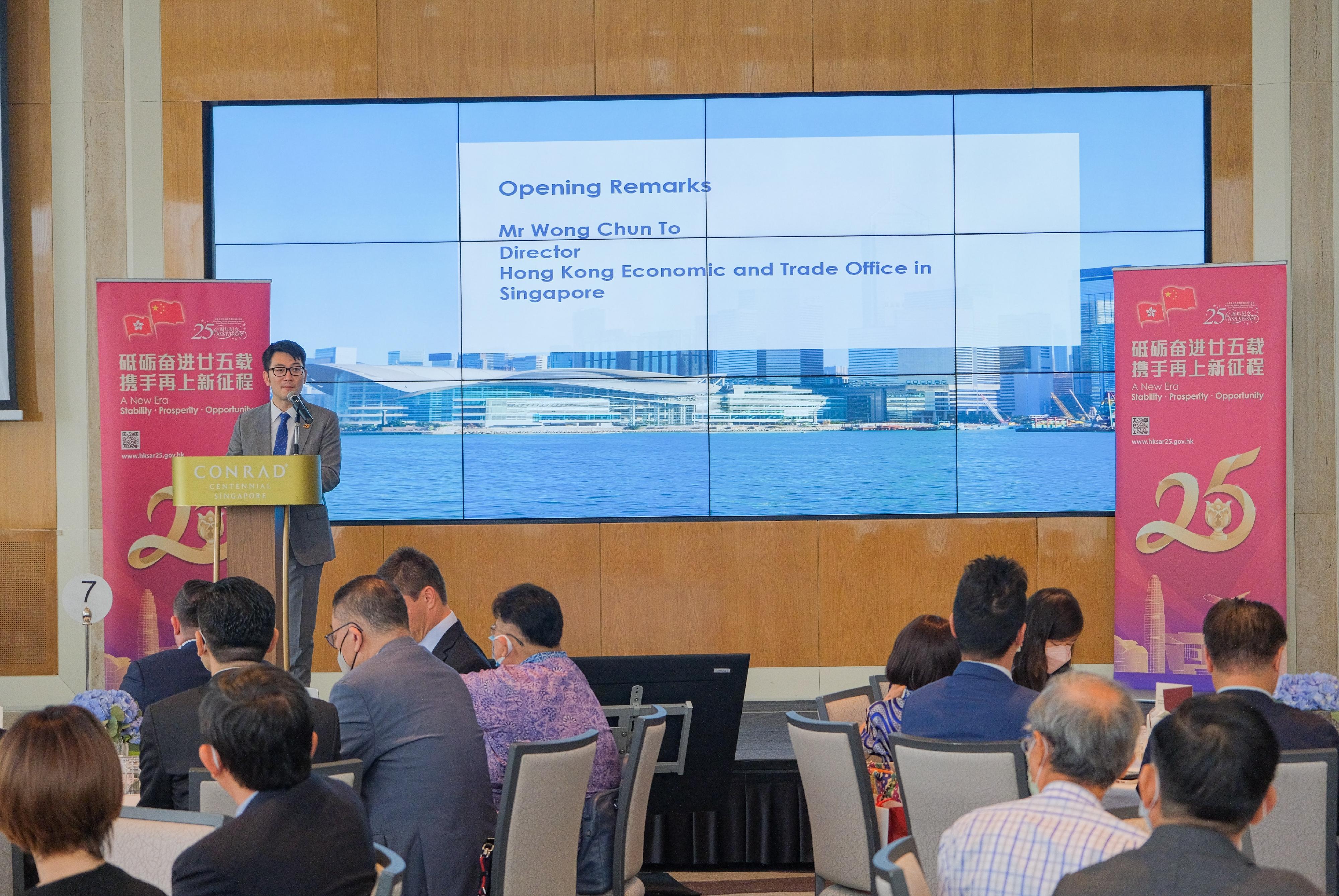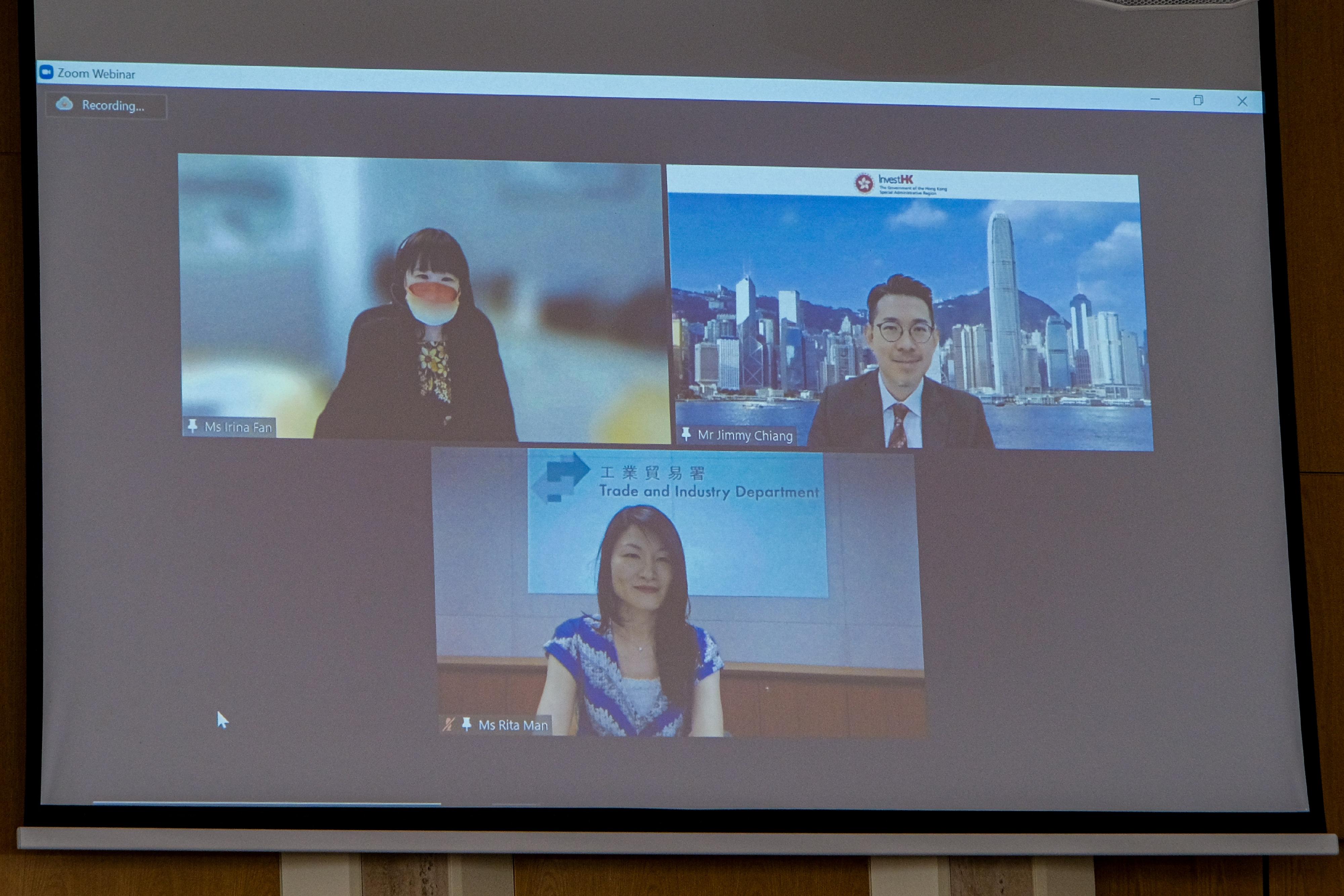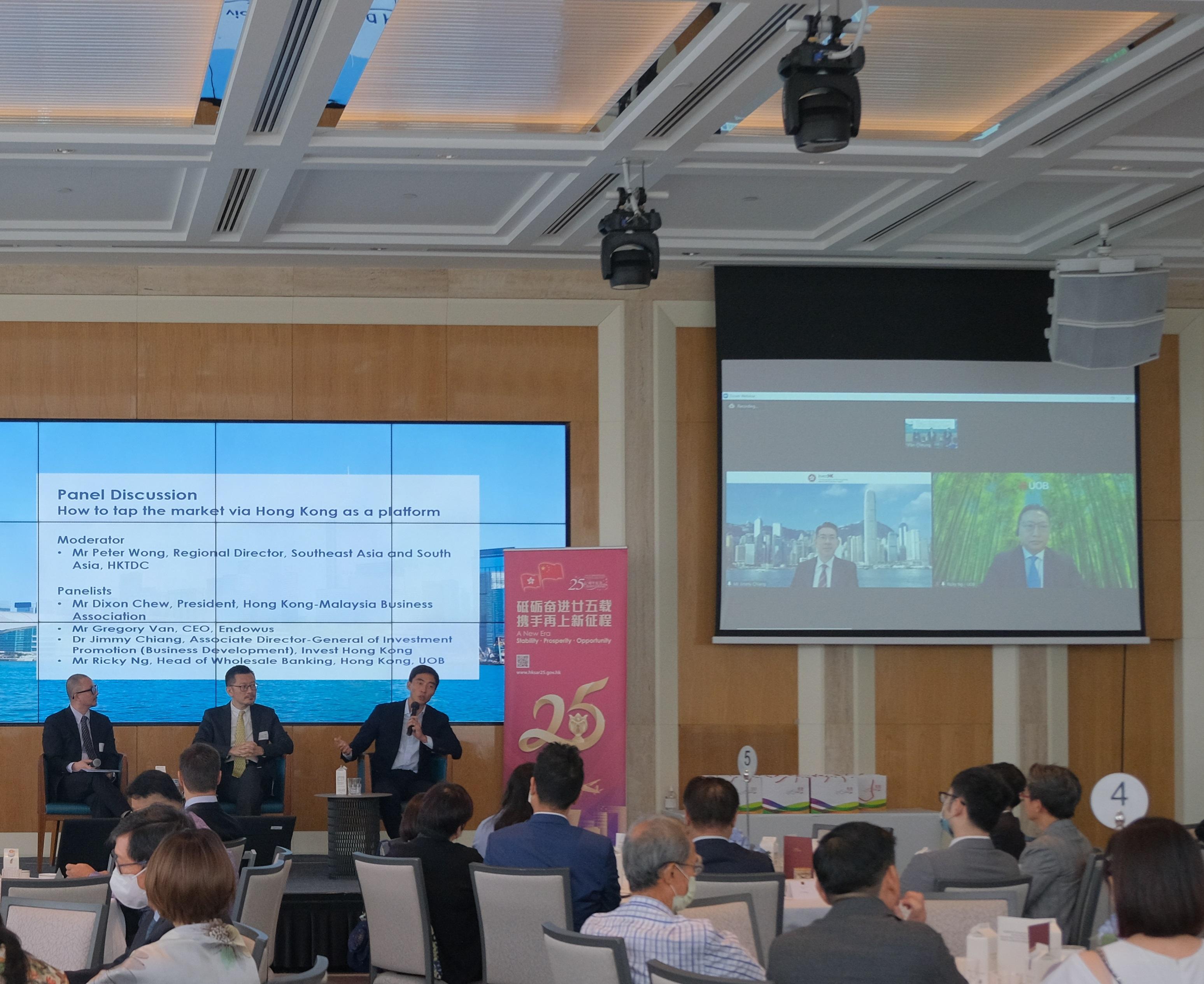Government makes “restriction-testing declaration” and issues compulsory testing notice in respect of specified “restricted area” in Ting Fung House, Ning Fung Court, Kwai Chung
​The Government today (August 3) exercised the power under the Prevention and Control of Disease (Compulsory Testing for Certain Persons) Regulation (Cap. 599J) to make a "restriction-testing declaration" (declaration) effective from 5pm, under which people (hereafter referred to as "persons subject to compulsory testing") within the specified "restricted area" in Kwai Chung (i.e. Ting Fung House, Ning Fung Court, Kwai Chung, see Annex) are required to stay in their premises and undergo compulsory testing. Persons subject to compulsory testing are required to stay in their premises until all such persons identified in the "restricted area" have undergone testing and the test results are mostly ascertained. The Government aims at finishing this exercise at around noon tomorrow (August 4). The operation may be extended depending on test results.
A Government spokesman said, "Under Cap. 599J, the Government can, according to the needs of infection control, make a 'restriction-testing declaration'. Having reviewed a basket of factors, including the viral load in sewage, the information of relevant positive cases, and other circumstantial factors, and conducted a risk assessment, the Government decided to make a 'restriction-testing declaration' for the relevant area."
The Government will set up temporary specimen collection stations at the "restricted area" and request persons subject to compulsory testing to undergo testing before 11pm today. Arrangements will be made for persons subject to compulsory testing to undergo a nucleic acid test at specimen collection stations where dedicated staff will collect samples through combined nasal and throat swabs. Persons subject to compulsory testing must stay at their place of residence until all test results are ascertained to avoid cross-infection risk. The Government will make arrangement to facilitate specimen collection for people with impaired mobility. All persons in the "restricted area" who have tested positive in the past 14 days, including positive cases identified either by nucleic acid tests recorded by the Department of Health (DH) or by rapid antigen tests that have been self-declared to the DH, are not required to undergo testing in this compulsory testing exercise.
The Government spokesman said, "We understand that this exercise will cause inconvenience to the public. The Government has made arrangements to carry out testing for all persons present in the 'restricted area' as soon as possible. The aim is to strive to complete testing of all identified persons subject to compulsory testing and confirm the results, and finish the exercise at around noon tomorrow. The Government will make a public announcement when the declaration expires officially. In the cases in which employees are unable to go to work because of the declaration, the Government hopes their employers can exercise discretion and not deduct the salaries or benefits of the employees."
If staying in the "restricted area" will cause unreasonable hardship to individuals who are not residents in the area when the declaration takes effect, government officers may exercise discretion and allow that person to leave the area after considering the individual circumstances. That person must have followed the instructions to undergo testing and leave his/her personal information for contact purposes.
According to the compulsory testing notice to be issued today, any persons other than those specified above who had been present at the above building for more than two hours from July 28 to August 3, 2022, even if they were not present in the "restricted area" at the time when the declaration took effect, must undergo compulsory testing on or before August 5, 2022. As a mutant strain is involved, for prudence's sake, vaccinated persons and persons who have recently been tested are also required to undergo testing.
The Government appeals to persons subject to compulsory testing for their full co-operation by registering and undergoing testing, and waiting for the results patiently at home. The Government will strictly follow up on whether the persons concerned have complied with the compulsory testing notices and "restriction-testing declaration". Any person who fails to comply with the compulsory testing notices commits an offence and may be fined a fixed penalty of $10,000. The person would also be issued with a compulsory testing order requiring him or her to undergo testing within a specified time frame. Failure to comply with the compulsory testing order or the "restriction-testing declaration" is an offence and the offender would be liable to a fine at level 5 ($50,000) and imprisonment for six months.



